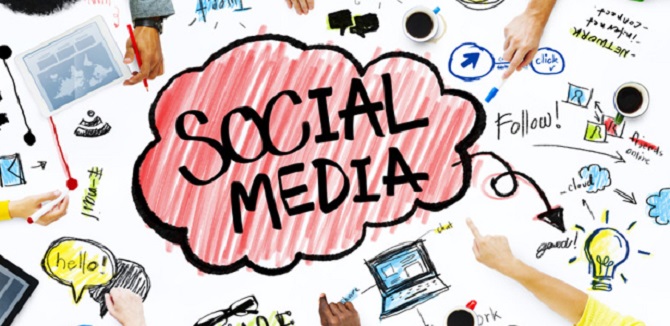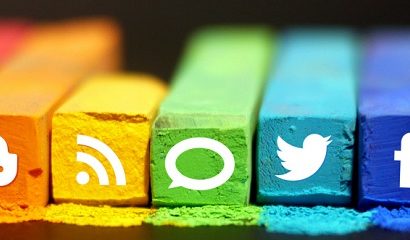Research shows that Instagram is one of the most negative applications of all social media platforms, with the highest negative impact on mental health.
The Royal Society of Public Health along with the Young Health Movement decided to do some research on the social media effects on mental health. The investigation resulted in a report entitled #StatusOfMind; it looks at both positive and negative effects of social media on mental health and overall well-being.
Snapchat ended up to be ranked as the second worst social media application for mental health, followed by Facebook. On the other side, YouTube ranked best, being on the first place as the most positive, with Twitter ranking the second best.
The survey comprised almost 1,500 teens and young people aged 14 to 24 from the U.K. The goal was to see how each social media platform impacts 14 specific factors that are related to people’s health and well-being. The sectors included depression, body image, sleep, self-expression, bullying, and self-identity, as well as many others.
The participants gave each social media platform a score, and the top five ranking was established as follows:
- YouTube (most positive)
- Snapchat
- Instagram (most negative)
“Social media has been described as more addictive than cigarettes and alcohol, and is now so entrenched in the lives of young people that it is no longer possible to ignore it when talking about young people’s mental health issues,” chief executive of the Royal Society for Public Health, said
Results show that Instagram and Snapchat are highly image-focused, which drives feelings of inadequacy and anxiety in young people.
“Instagram easily makes girls and women feel as if their bodies aren’t good enough as people add filters and edit their pictures in order for them to look ‘perfect,'” one participant from Northern Ireland wrote.
Another social media user said that the bullying she experienced over Twitter on personal things has led her to self-harming and left her afraid to go to school. Worse than that, it has led her to attempt suicide and experience both depressive and anxiety episodes.
Social media is more widespread among younger generations and many of them have never knows a world without access to the internet and social media platforms.
The side effects of social media have been studied a lot in the last few years, raising concerns about the possible health effects of frequent social media use in young generations.
Even though there are still many things left to understand about social media’s impact on mental health, it is important that the research continues, as there is still a lot to explore and understand.




